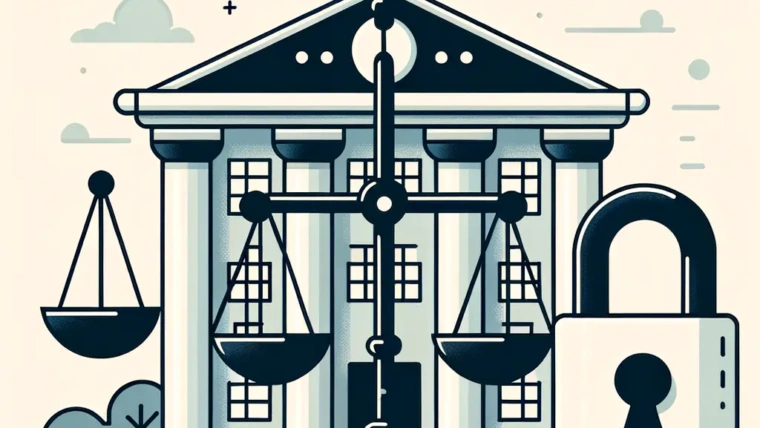Buying property is one of the most significant financial decisions an individual can make. In India, the process goes far beyond just finding the right house or commercial space—it also involves understanding the complex world of property taxes, legal compliance, and ownership laws. Without proper…










